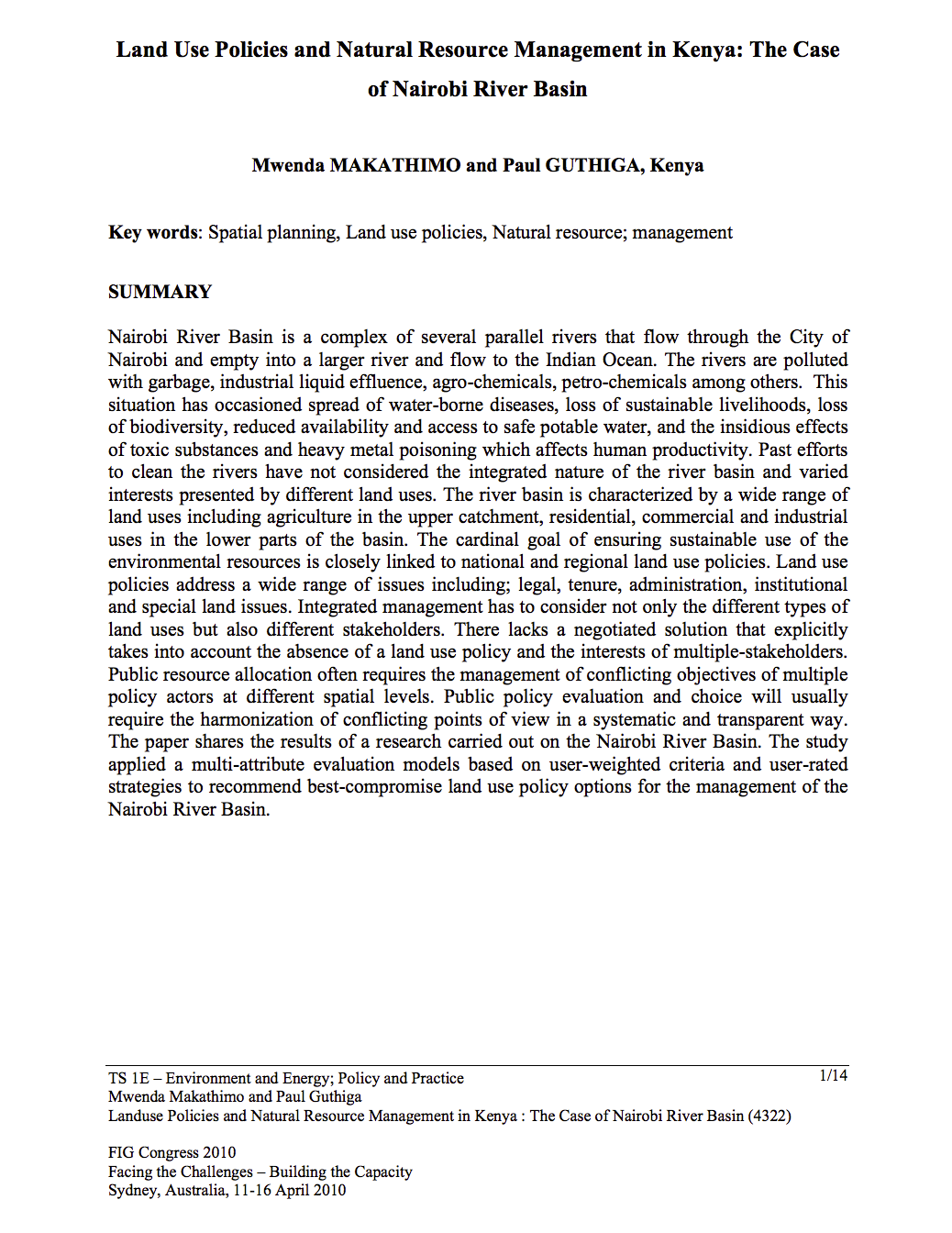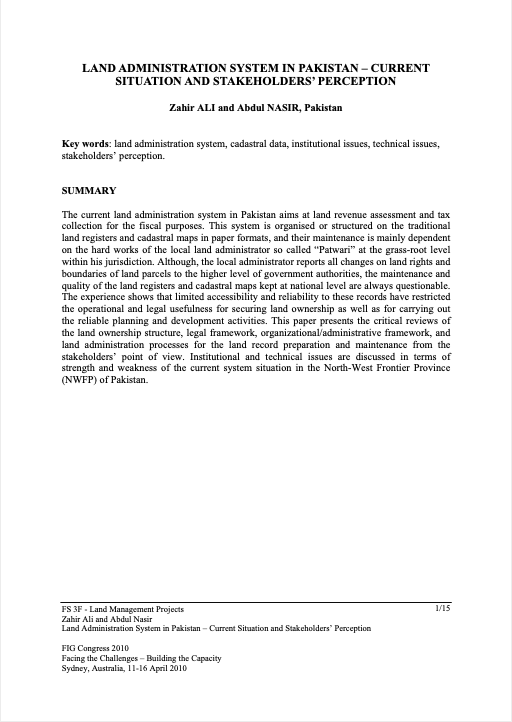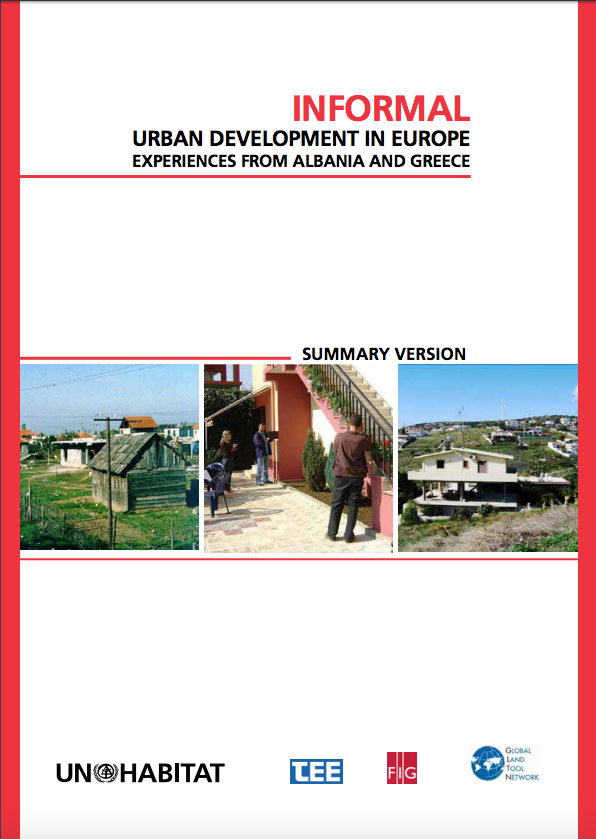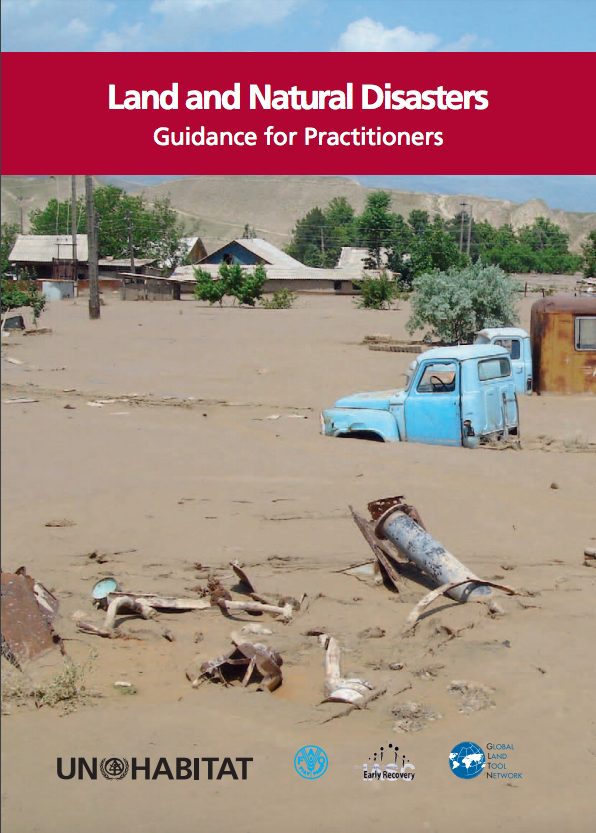Moving from ‘land titling’ to ‘land governance’: The case of the Kyrgyz Republic
There is a growing recognition that well-defined and enforceable property rights to land are important for a range of economic and social functions. To assess land governance at the country level, the World Bank has elaborated a diagnostic tool based on empirical indicators that aims to identify areas for improvement and that could be used to monitor progress in the land sector.











